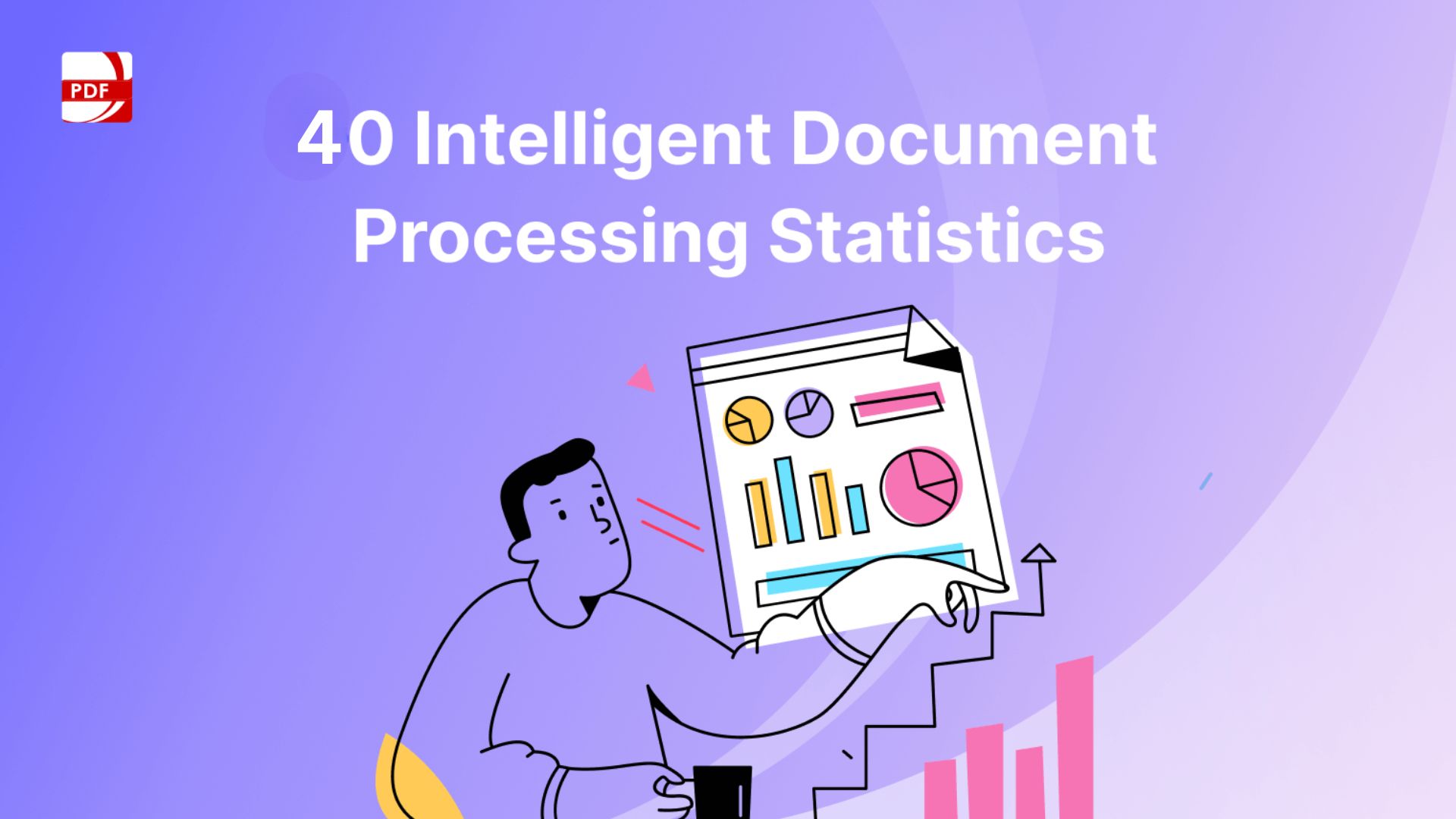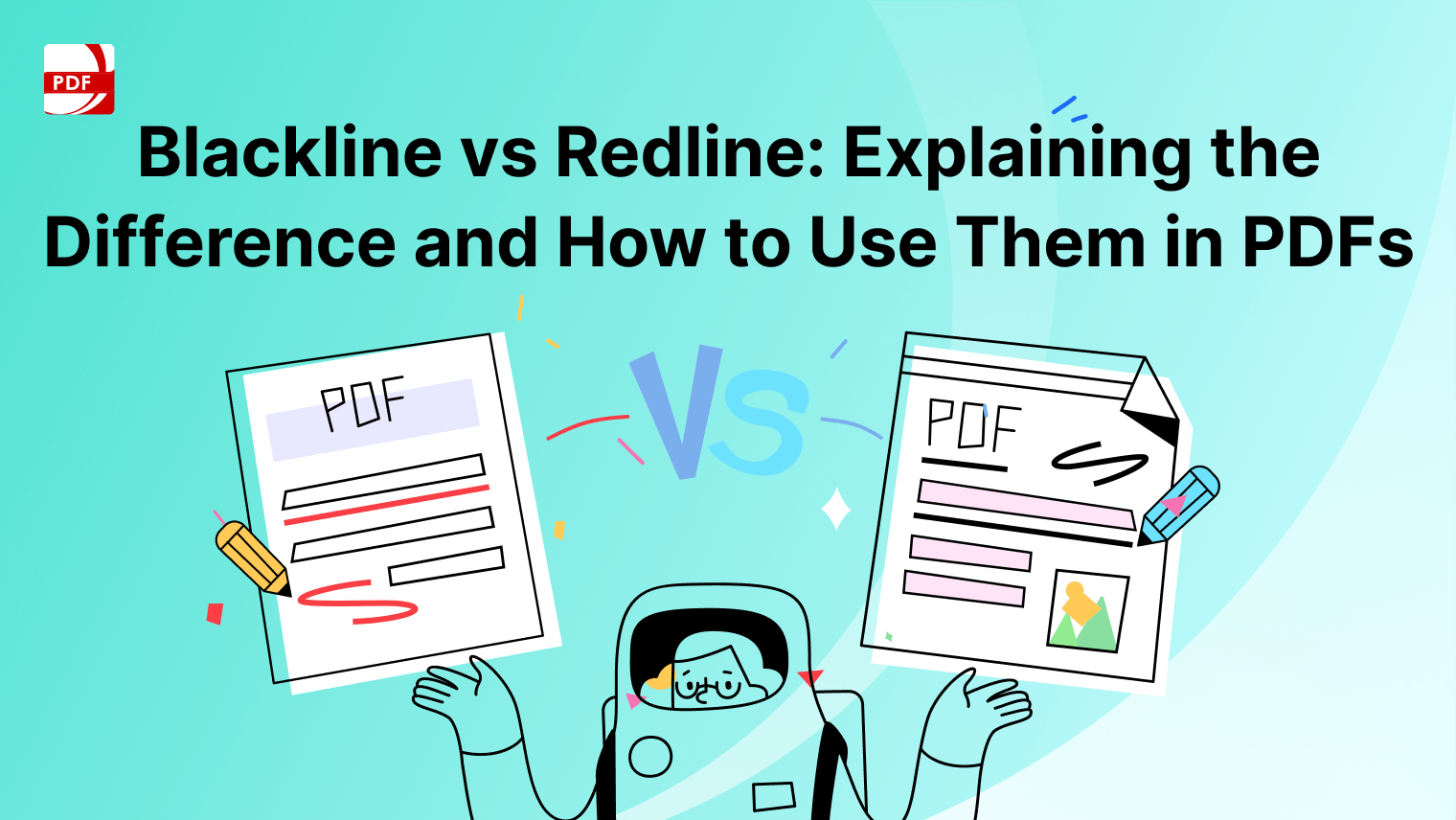Artificial intelligence (AI) has emerged as a transformative force across various industries, reshaping how businesses operate and innovate.
As organizations increasingly leverage AI technologies, understanding the landscape of AI solutions becomes critical.
This report delves into key statistics surrounding AI technology solutions, providing insights into market growth, adoption rates, investment trends, and the impact of AI on the workforce.
By analyzing these statistics, stakeholders can make informed decisions and strategize effectively in an AI-driven environment.
Market Overview
The market for AI technology intelligence solutions is experiencing rapid expansion, driven by increasing demand for automation, decision-making, and enhanced operational efficiency across various industries.
- The global AI market is projected to reach $190 billion by 2025. (Source: MarketsandMarkets)
- Global investment in AI startups reached $33 billion in 2020. (Source: PwC)
As organizations strive to leverage data effectively, AI technologies have emerged as essential tools for extracting actionable insights and improving overall performance.
- By 2030, AI could displace 75 million jobs but create 133 million new ones. (Source: World Economic Forum)
- 86% of executives say AI is a mainstream technology in their companies. (Source: McKinsey)
The AI technology intelligence market is characterized by a diverse array of players, from established tech giants to innovative startups.
Major companies, including Google, Microsoft, and IBM, are at the forefront, developing advanced AI platforms and tools.
Additionally, a growing number of startups are emerging, focusing on niche applications of AI, thereby fostering innovation and competition within the sector.
AI Adoption Across Industries
The adoption of artificial intelligence (AI) technologies is reshaping various industries, driving innovation, efficiency, and enhanced decision-making.
As organizations recognize the transformative potential of AI, they are increasingly integrating these technologies into their operations.
- The AI healthcare market is expected to reach $36.1 billion by 2025. (Source: MarketsandMarkets)
AI adoption across industries is accelerating as organizations recognize its potential to enhance efficiency, improve decision-making, and drive innovation.
- 61% of marketers say AI is the most important aspect of their data strategy. (Source: Salesforce)
- 80% of financial services companies are using AI to enhance customer service. (Source: Accenture)
- 75% of organizations have increased their technology investments around data life cycle management due to Generative AI. (Source: Deloitte)
While challenges remain, the benefits of integrating AI technologies are compelling, positioning businesses for success in an increasingly competitive landscape.
As AI continues to evolve, its applications will likely expand further, unlocking new possibilities across sectors.
Consumer Awareness and Acceptance
As artificial intelligence (AI) technologies continue to permeate various aspects of daily life, consumer awareness and acceptance play crucial roles in shaping the future of AI adoption.
Understanding how consumers perceive AI, their knowledge of its capabilities, and their willingness to embrace it can significantly influence the direction of AI development and implementation.
- 55% of consumers are aware of AI and have interacted with it in some form. (Source: PwC)
- 75% of organizations see ethical concerns as a barrier to AI adoption. (Source: Deloitte)
- The NLP market is projected to grow to $35.1 billion by 2026. (Source: Business Research Company)
Despite increased awareness, consumer trust in AI technologies varies widely. Key factors influencing trust include:
- Transparency: Consumers are more likely to accept AI solutions when they understand how decisions are made. Lack of transparency can lead to skepticism and reluctance to engage with AI.
- Ethical Considerations: Concerns about data privacy, surveillance, and potential biases in AI algorithms can hinder acceptance. Consumers are increasingly aware of the ethical implications of AI, leading to demands for more responsible development and deployment of these technologies.
- Impact on Employment: The perception that AI could displace jobs contributes to ambivalence. While some consumers see AI as a tool for increased efficiency, others fear it may lead to unemployment or economic disruption.
Consumer awareness and acceptance of AI technologies are pivotal for the successful integration of AI into society.
As awareness increases and conversations about the ethical implications of AI continue, understanding consumer sentiments will be essential for businesses and developers.
Future Projections
The future of artificial intelligence (AI) technologies is marked by significant growth potential and transformative advancements across various sectors.
As businesses and societies increasingly integrate AI into their operations, understanding the projected trends and developments will be essential for stakeholders.
- The AI in cybersecurity market is projected to reach $38.2 billion by 2026, growing at a CAGR of 23.6%. (MarketsandMarkets, 2021)
- The NLP market is expected to grow from $21.67 billion in 2020 to $119.40 billion by 2026, at a CAGR of 32.4%. (Business Research Company, 2021)
- The generative AI market is projected to grow from $8.9 billion in 2022 to $110.8 billion by 2030, at a CAGR of 38.1%. (Fortune Business Insights, 2023)
AI technologies are expected to significantly influence the workforce. While projections indicate that AI could displace around 75 million jobs by 2030, it is also anticipated to create approximately 133 million new roles, particularly in technology development, data analysis, and AI management.
This dual impact underscores the need for workforce reskilling and upskilling to adapt to evolving job requirements.
As AI technologies continue to evolve, so too will the focus on ethical considerations and regulatory frameworks. Future projections suggest:
- Emphasis on creating ethical guidelines for AI development to ensure fairness, transparency, and accountability.
- Introduction of regulatory bodies to introduce frameworks to govern AI usage, addressing concerns related to data privacy, security, and bias.
The statistics surrounding artificial intelligence technology solutions underscore the significant impact AI is having across various sectors.
From robust market growth and increasing investment to transformative applications in healthcare, finance, and retail, it is evident that AI is not just a trend but a foundational technology reshaping industries.
While concerns about job displacement and ethical considerations persist, the potential for job creation and enhanced efficiency presents a compelling case for continued investment and research.
As organizations navigate this evolving landscape, understanding these statistics is crucial for making informed decisions and strategically positioning themselves for future success in an AI-driven world.
FAQ: AI Technology Statistics
Peruse our FAQ section to answer any burning questions you may have about AI technology solutions.
1. What are AI technology statistics?
AI technology statistics are quantitative data points that provide insights into the development, adoption, market size, investment trends, and impact of artificial intelligence across various industries. These statistics help stakeholders understand the current landscape and future projections of AI technologies.
2. Why are AI statistics important?
AI statistics are crucial for several reasons:
- Informed Decision-Making: They help businesses and organizations make decisions regarding AI investments and strategies.
- Market Insights: Understanding trends and growth rates allows companies to identify opportunities and challenges in the AI market.
- Awareness of Impact: Statistics shed light on how AI technologies affect jobs, industries, and society as a whole.
3. How do ethical considerations factor into AI statistics?
As AI technologies advance, concerns regarding data privacy, bias, and accountability are becoming increasingly prominent. Statistics related to public trust in AI and the demand for ethical AI guidelines reflect the growing awareness of these issues, emphasizing the need for responsible AI development.
4. What future projections exist for AI technologies?
Future projections indicate robust growth across various AI sectors, including:
- Continued expansion of AI in healthcare and finance.
- Increased automation in industries like manufacturing and logistics.
- Growing regulatory frameworks and ethical guidelines to govern AI use.
5. How can organizations leverage AI statistics?
Organizations can use AI statistics to:
- Assess the market landscape and identify potential areas for investment.
- Understand consumer sentiments and acceptance of AI technologies.
- Develop strategies for implementing AI solutions effectively while addressing ethical concerns.
6. What is the significance of consumer awareness regarding AI?
Consumer awareness and acceptance of AI technologies are critical for widespread adoption. Understanding how consumers perceive AI, their knowledge of its applications, and their trust in these technologies can help companies tailor their products and communication strategies to foster acceptance and engagement.


